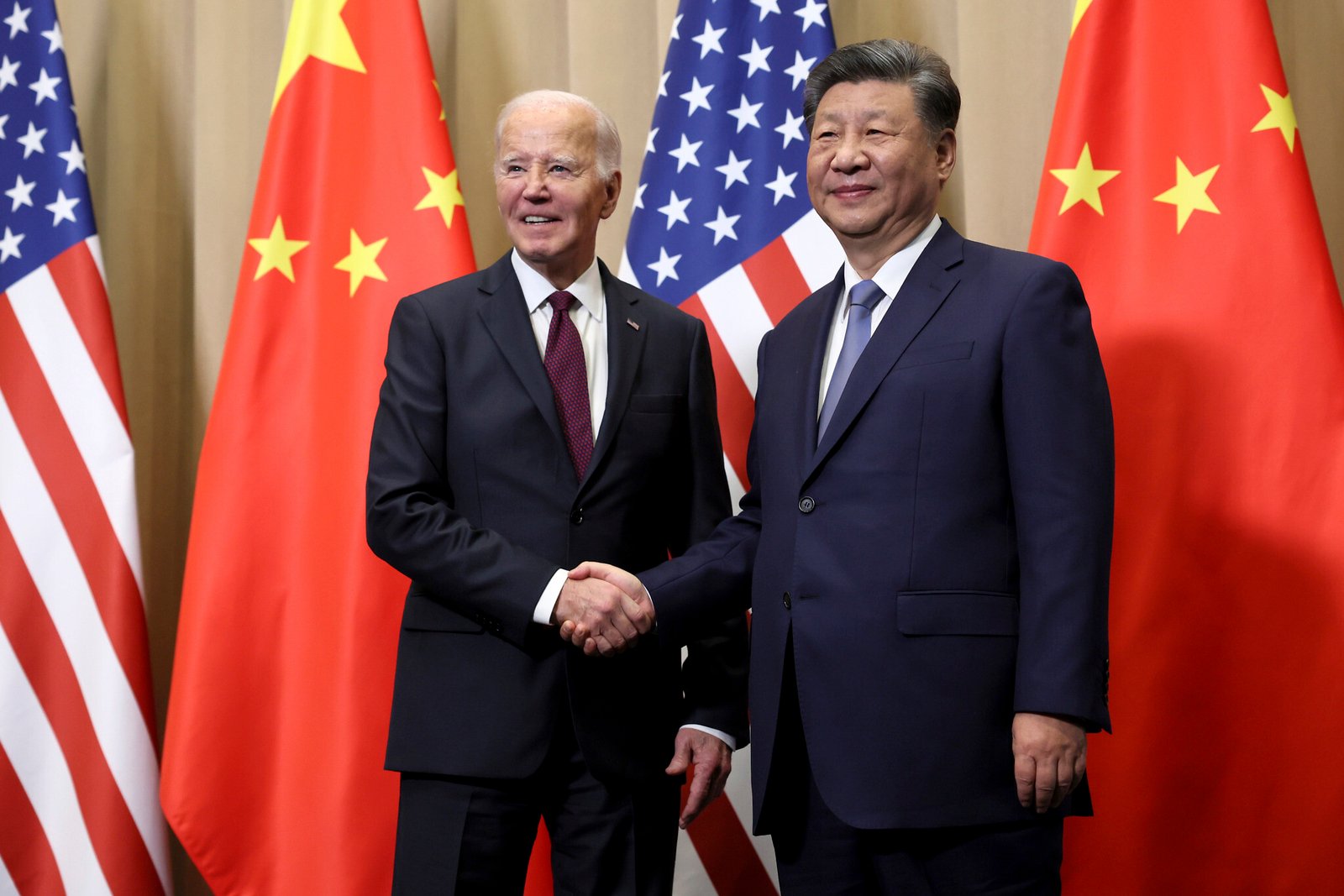Xi Jinping Ready to Collaborate with Incoming Trump Administration, Meets Biden for Final Time
Xi Jinping Ready to Collaborate with Incoming Trump Administration, Meets Biden for Final Time
Xi Jinping Ready to Collaborate with Incoming Trump Administration, Meets Biden for Final Time
Chinese President Xi Jinping has expressed his willingness to collaborate with the incoming U.S. administration under President-elect Donald Trump, emphasizing the need to maintain open communication and cooperation between the two nations. Xi’s remarks came during a meeting with outgoing U.S. President Joe Biden on the sidelines of the Asia-Pacific Economic Cooperation (APEC) summit.
“China is ready to work with the new U.S. administration to maintain communication, expand cooperation, and manage differences,” Xi stated, underscoring the importance of a smooth transition in China-U.S. relations. Although Xi refrained from mentioning Trump by name, he acknowledged the potential challenges arising from the president-elect's policies, cautioning against "decoupling" and supply chain disruptions.
Navigating a Potentially Tense Future
Trump’s campaign promises to adopt a more aggressive stance toward China—highlighted by a proposal to impose 60% tariffs on Chinese imports—have raised concerns about escalating trade tensions. Xi emphasized that the two nations should aim to "inject more certainty" into global affairs during these turbulent times.
Meanwhile, Trump’s pledge to resolve the Russia-Ukraine conflict "within 24 hours" has led to speculation about a potential shift in U.S. foreign policy, which could reduce support for Ukraine. Such a move might create an opening for China to play a more significant role as a global mediator.
Biden Reflects on U.S.-China Relationship
During their two-hour meeting, Biden acknowledged the complexity of U.S.-China ties, emphasizing the need to prevent their competition from escalating into conflict.
“Our two countries cannot let any of this competition veer into conflict,” Biden said. “Over the last four years, I think we’ve proven it’s possible to have a relationship that, while competitive, remains candid and constructive.”
Agreement on Nuclear Weapons and AI Governance
One notable outcome of the meeting was a rare consensus on the use of nuclear weapons and the development of artificial intelligence in military applications. Both leaders agreed that human oversight should remain a fundamental principle in decisions related to nuclear weapon deployment.
“The two leaders affirmed the need to maintain human control over the decision to use nuclear weapons,” the White House said in a statement. They also discussed the importance of prudent and responsible development of AI in military contexts, marking a significant step toward addressing dual-use technology risks.
Despite these discussions, formal agreements on nuclear arms control have stalled, with U.S. officials expressing frustration over China’s reluctance to engage in sustained talks.
Strengthening Regional Alliances
In a related development, Biden held discussions with South Korean President Yoon Suk Yeol and Japanese Prime Minister Shigeru Ishiba, reaffirming their trilateral alliance. The leaders underscored the importance of countering destabilizing actions in the Asia-Pacific region, implicitly cautioning Beijing.
Challenges Ahead Under Trump Administration
The return of Donald Trump to the White House introduces uncertainty into the U.S.-China dynamic. Trump’s recent cabinet picks, including Senator Marco Rubio as Secretary of State and Representative Mike Waltz as National Security Adviser, both known for their tough stances on China, signal a potentially more confrontational approach.
Xi has extended congratulations to Trump on his election victory, calling for cooperation in the "new era." However, it remains to be seen how the two superpowers will navigate their complex relationship under the Trump administration.










